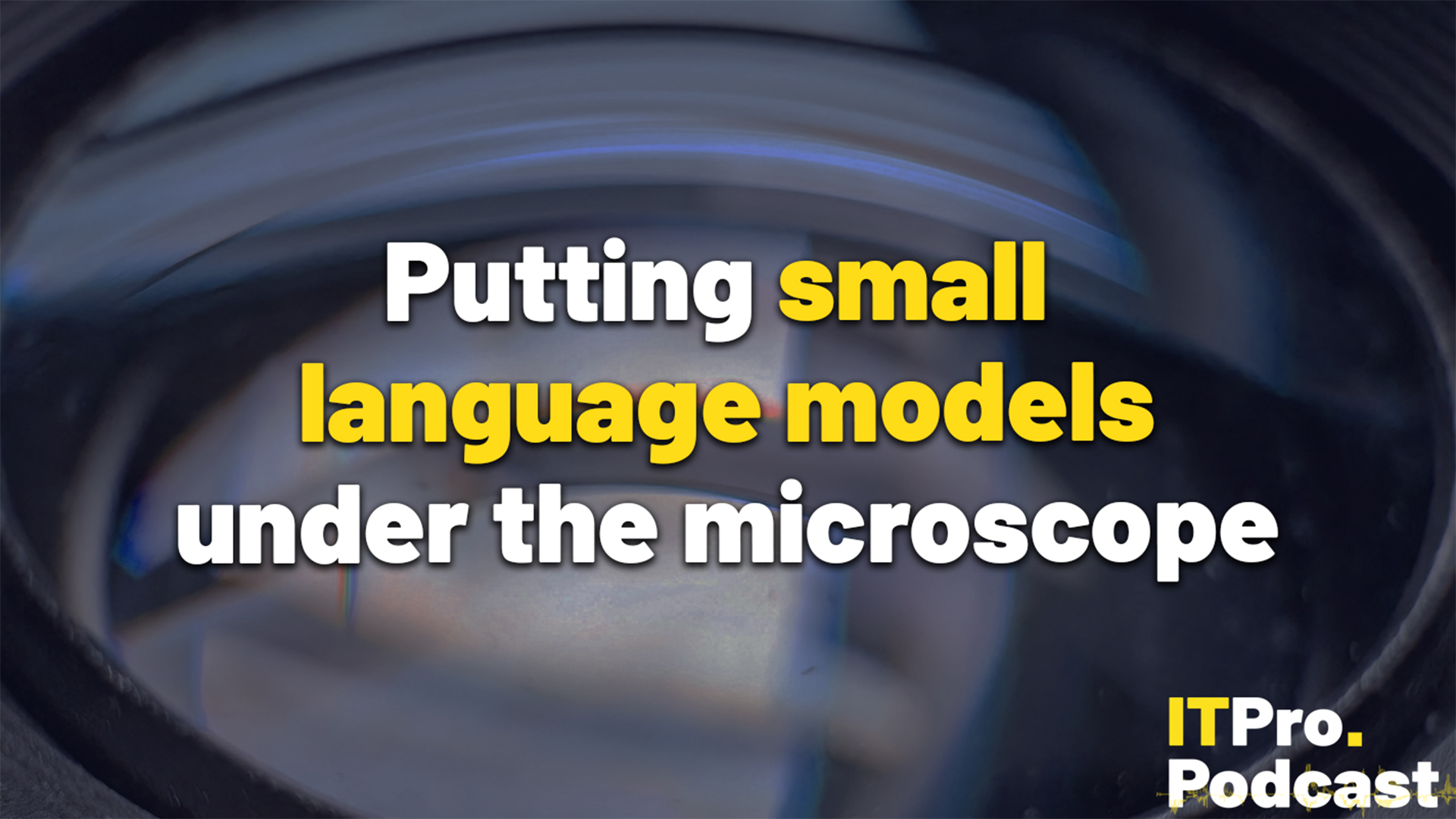Google's VP8 codec 'not open source', says OSI
Open Source Initiative board member Simon Phipps says Google's ambitious WebM project might not be approved as open source over 'field of use' restriction.

A board member of the Open Source Initiative (OSI) has raised serious questions about the VP8 video codec at the heart of Google's WebM multimedia project, warning that it is "not currently open source".
Google announced WebM last week, with the VP8 codec sitting alongside the Ogg Vorbis audio standard and the Matroska container format. Google acquired VP8 when it bought On2 Technologies in February, with On2 bringing plenty of web video expertise under the umbrella, with its earlier VP6 codec having been included in Adobe's Flash Player.
In launching WebM, Google claimed the project had the potential to be "a high-quality, open video format for the web that is freely available to everyone". In open-sourcing the codec under a royalty free licence, Google tried to protect it from third-party patent holders, but has yet to submit the licence for approval.
Following initial reaction that called into question whether VP8 would be able to compete on quality with rivals such as H.264, OSI board member Simon Phipps now says he doubts whether VP8 is in fact open source at all.
In a blog post, Phipps comfirmed that the licence used by Google has not been submitted to the OSI for approval, but goes on to add that it "possibly can't be approved". Phipps points out that while the licence Google has used for the VP8 codec is based on the open-source Apache licence, it includes a field of use restriction in the patent grant section, limiting it to "this implementation of VP8".
However, taking its lead from the Open Source Definition, the OSI typically requires that an open source licence has no restriction on field of use, casting doubts on whether the codec will be approved at all.
Phipps says he hopes Google will release more information about the patents behind the technology, which would give software developers increased confidence. He suggested Google should submit a "templatised version" of the licence for approval, even though this would mean a "slightly embarrassing" increase in licence proliferation.
Get the ITPro daily newsletter
Sign up today and you will receive a free copy of our Future Focus 2025 report - the leading guidance on AI, cybersecurity and other IT challenges as per 700+ senior executives
-
 How the UK MoJ achieved secure networks for prisons and offices with Palo Alto Networks
How the UK MoJ achieved secure networks for prisons and offices with Palo Alto NetworksCase study Adopting zero trust is a necessity when your own users are trying to launch cyber attacks
By Rory Bathgate
-
 Putting small language models under the microscope
Putting small language models under the microscopeITPro Podcast The benefits of small language models are undeniable – but they're no silver bullet
By Rory Bathgate